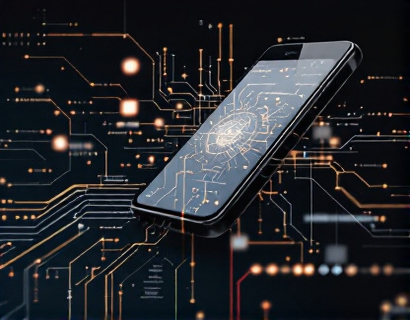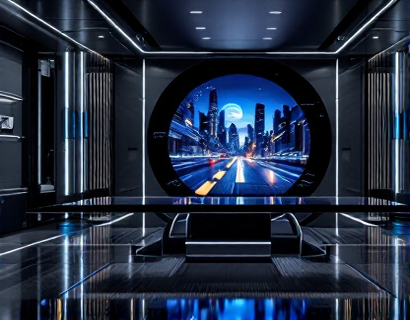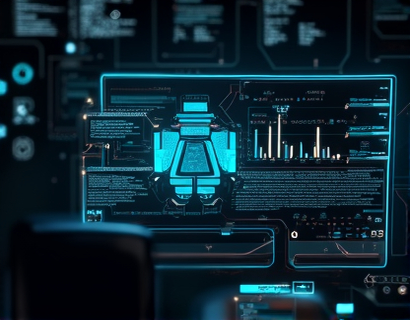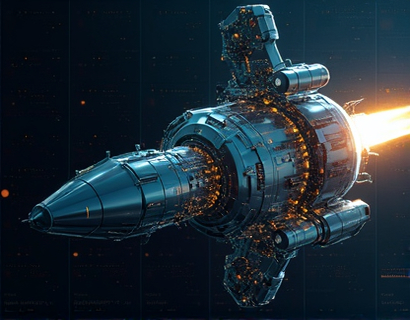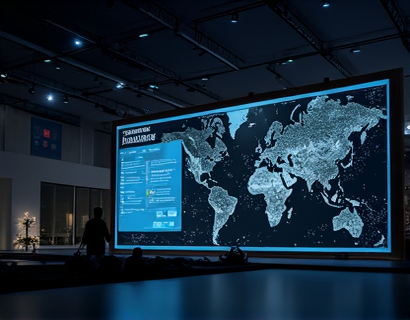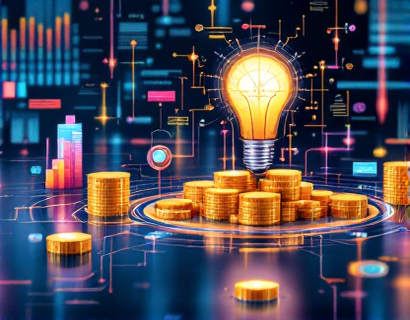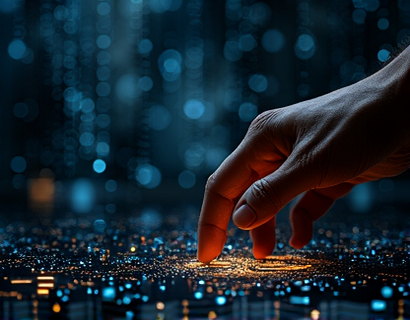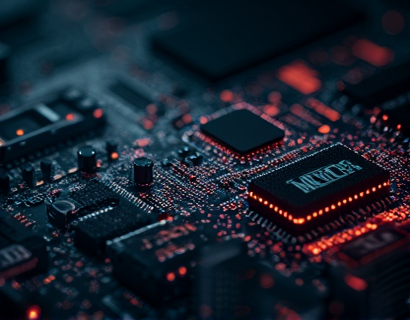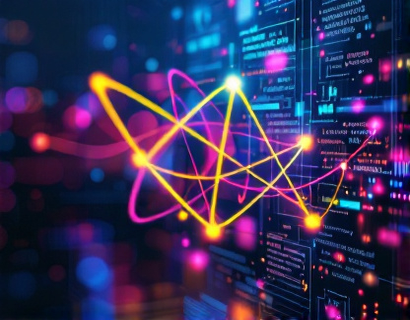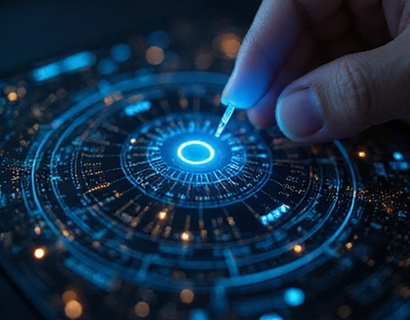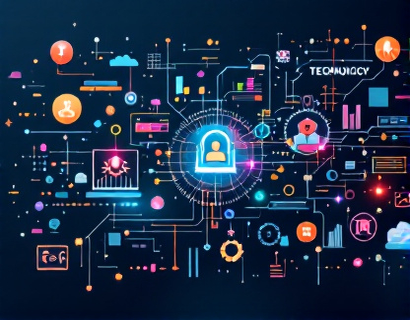Decentralized Transformation: Harnessing AI and Crypto for Next-Gen Digital Solutions
The digital landscape is undergoing a profound transformation, driven by the convergence of artificial intelligence (AI) and cryptocurrency. This synergy is giving rise to decentralized digital solutions that promise to redefine user experience and engagement. At the heart of this revolution is the integration of advanced ecosystems, where AI and crypto technologies are not just complementary but essential components of a new digital paradigm.
The concept of decentralization has been around for decades, primarily associated with the internet and peer-to-peer networks. However, the advent of blockchain technology has propelled decentralization to a new level, enabling trustless, transparent, and secure transactions without the need for intermediaries. When combined with AI, this decentralized framework becomes even more powerful, offering unprecedented opportunities for innovation and efficiency.
Understanding Decentralized Ecosystems
A decentralized ecosystem is a network of interconnected nodes, each contributing to the overall functionality and resilience of the system. Unlike traditional centralized systems, where control and data are concentrated in a single entity, decentralized ecosystems distribute these elements across multiple participants. This distribution not only enhances security but also promotes transparency and fairness.
In such ecosystems, data and resources are managed collectively, often through smart contracts on blockchain platforms. Smart contracts are self-executing contracts with the terms directly written into code. They automate processes, reduce the need for intermediaries, and ensure that transactions are executed precisely as programmed. This automation is where AI plays a crucial role, enhancing the efficiency and intelligence of decentralized applications.
AI in Decentralized Ecosystems
AI brings a level of intelligence and adaptability to decentralized ecosystems that was previously unattainable. Machine learning algorithms can analyze vast amounts of data to identify patterns, make predictions, and optimize processes. In a decentralized context, AI can be used for various purposes, including data validation, fraud detection, and personalized user experiences.
One of the key applications of AI in decentralized ecosystems is in the realm of decentralized finance (DeFi). DeFi platforms leverage AI to create more efficient and secure financial services. For instance, AI-driven algorithms can predict market trends, optimize portfolio management, and automate trading strategies. These capabilities are particularly valuable in a decentralized environment where traditional financial intermediaries are absent.
Enhancing User Experience and Engagement
The integration of AI and crypto in decentralized ecosystems significantly enhances user experience and engagement. AI-powered chatbots and virtual assistants can provide 24/7 customer support, answering queries and guiding users through complex processes. These AI-driven interfaces are not only efficient but also personalized, adapting to user preferences and behavior over time.
Moreover, AI can analyze user data to offer tailored recommendations and services. In the context of decentralized applications, this means that users receive content and features that are most relevant to their needs and interests. This level of personalization fosters higher engagement and satisfaction, encouraging users to remain active within the ecosystem.
Security and Trust in Decentralized Systems
Security is a paramount concern in any digital ecosystem, and decentralized systems are no exception. The combination of AI and blockchain technology offers robust security measures. Blockchain's inherent immutability and transparency make it difficult for malicious actors to manipulate data or execute fraudulent transactions. AI enhances this security by continuously monitoring the network for anomalies and potential threats.
AI-driven security solutions can detect and respond to attacks in real-time, adapting to new threats as they emerge. This proactive approach is crucial in a decentralized environment where traditional security models may not be applicable. Additionally, AI can help in verifying the authenticity of users and transactions, further strengthening the trust within the ecosystem.
Case Studies and Real-World Applications
Several projects and platforms are already leveraging the power of AI and crypto to create innovative decentralized solutions. One notable example is a decentralized autonomous organization (DAO) that uses AI to manage its governance processes. Members can propose and vote on changes using smart contracts, while AI algorithms analyze the implications and suggest optimizations. This hybrid approach ensures that decisions are both democratic and data-driven.
Another example is a decentralized content platform that utilizes AI to curate and recommend content based on user preferences. The platform's blockchain-based infrastructure ensures that content creators are fairly compensated through cryptocurrency, eliminating the need for intermediaries. AI also plays a role in content moderation, using machine learning to identify and filter out inappropriate or harmful content.
Challenges and Future Prospects
Despite the promising potential, the integration of AI and crypto in decentralized ecosystems faces several challenges. One of the main hurdles is scalability. Current blockchain technologies often struggle to handle high transaction volumes, which can limit the performance of AI-driven applications. Research into more scalable blockchain solutions, such as layer 2 protocols and sharding, is crucial for overcoming this issue.
Another challenge is the regulatory landscape. The intersection of AI, crypto, and decentralization operates in a relatively uncharted legal territory. Clear and supportive regulations are needed to foster innovation while protecting users and maintaining market integrity. Collaboration between technologists, policymakers, and industry stakeholders is essential to navigate these regulatory waters.
Looking ahead, the future of decentralized digital solutions is bright. As AI and blockchain technologies continue to mature, we can expect more sophisticated and user-friendly applications. The convergence of these technologies will likely lead to the development of entirely new industries and business models, further transforming the digital landscape.
Conclusion
The fusion of AI and crypto is paving the way for a new era of decentralized digital solutions. By harnessing the strengths of both technologies, we can create ecosystems that are secure, efficient, and user-centric. As these innovations continue to evolve, they will play a pivotal role in shaping the future of the digital world, offering endless possibilities for those who embrace this decentralized transformation.



